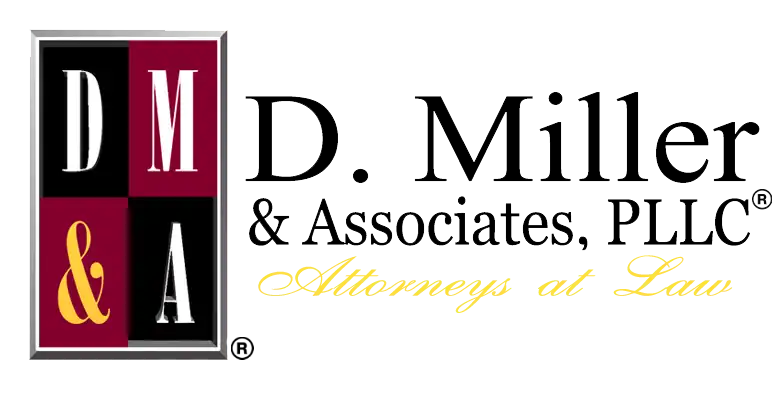Damaged or dangerous property can cause serious accidents to occur. If you can prove the party responsible for maintaining the property was negligent, you may be entitled to compensation.
A premises liability lawyer in Sugar Land can help. Call D. Miller & Associates, PLLC today to schedule your free consultation: 713-850-8600
Who Is Liable for My Accident?
The liable party is whoever was responsible for maintaining the property. This could be an owner, a tenant, or someone renting the space for business purposes. If you are unsure who your responsible party is, the team at D. Miller & Associates, PLLC can help. We will investigate the accident and determine who should have kept the property safe for you.
A property owner can be liable for an accident if any of the following caused it:
- Poor design or construction
- Improper maintenance/lack of maintenance
- Hazards on the property
Consider the following: you slipped and fell down the stairs because the handrail was loose. In most cases, you would file a claim against the property owner as a reasonable person should have known it was broken and would have fixed it.
However, the renter and property owner might share liability if the renter knew the handrail was broken and did not let the owner know.
A renter can be solely liable for your injury if your accident resulted from something the landlord did not control. For example, did the tenant’s dog bite you? If so, the tenant would be liable for your injuries.
This is a complex, often-disputed section of personal injury law. The team at D. Miller & Associates, PLLC has been handling premises liability claims for over 15 years and knows what it takes to determine and prove liability.
How Do I Prove Liability?
A successful premises liability claim hinges on our team being able to prove the following:
- The property owner/tenant created the hazard OR knew the hazard existed OR should have known the hazard existed (e.g., the property owner knew the handrail on the stairs was loose, the handrail on the stairs had been loose for a month, a reasonable person would have known it was loose).
- The property owner/tenant did nothing to remedy the hazard or warn visitors of its existence (e.g., the property owner did not fix the handrail or let visitors know it was loose).
To prove the criteria above, we will gather evidence such as surveillance video, eyewitness testimony, photos of the scene, maintenance records, and the store’s policy on remedying hazards (e.g., employees must walk the aisles of the store and ensure there are no spills, obstacles in the aisle, etc.).
Can I Recover Compensation If I Contributed to the Accident?
Yes. However, the other side will lower what it pays you for injuries or damages.
For example, say you were running on an icy sidewalk. While it is the property owner’s responsibility to ice and shovel the sidewalk, the property owner or his insurer will likely argue that you should have known the sidewalk was icy. If the other side succeeds, it can reduce your settlement by the percentage of your negligence. If you were 30 percent at fault and requested $10,000 in damages, the other side will pay $7,000.
Note: If you were primarily at-fault, you will be unable to recover compensation. For example, say you were 60 percent at-fault in the previous example. Per Texas’s comparative negligence statute, you would be unable to recover compensation.
What Other Defenses Might I Face?
In Texas, property owners are only liable for injuries suffered by invitees and licensees. If you were trespassing on the property, you will likely not be entitled to any compensation.
An invitee is someone the owner invited onto the property for a mutually beneficial, usually business related, purpose. Invitees often include contractors or customers. Property owners owe the highest duty to invitees. They must warn invitees of hazards as well as conduct inspections of the property to uncover hazards.
A licensee is someone the owner invites onto the property with no mutually beneficial or business-related purpose. A licensee might include a social guest or someone who comes in to use the restroom. Property owners have the duty to warn licensees of non-obvious hazards.
Property owners do not owe trespassers a duty.
Get Help from D. Miller & Associates, PLLC Today
Proving a premises liability claim is not easy. While you do not have to hire a lawyer, doing this on your own can be overwhelming. You only have two years to file a personal injury claim which means, if you file alone, you may have to start proving your claim before recovering from your injuries.
Call D. Miller & Associates, PLLC today. We will consult with you about your case for free. You can find out about your legal options without paying us anything. If you decide to hire us, you still pay no legal fees until we win your case.
Discuss your case with us today: 713-850-8600.

